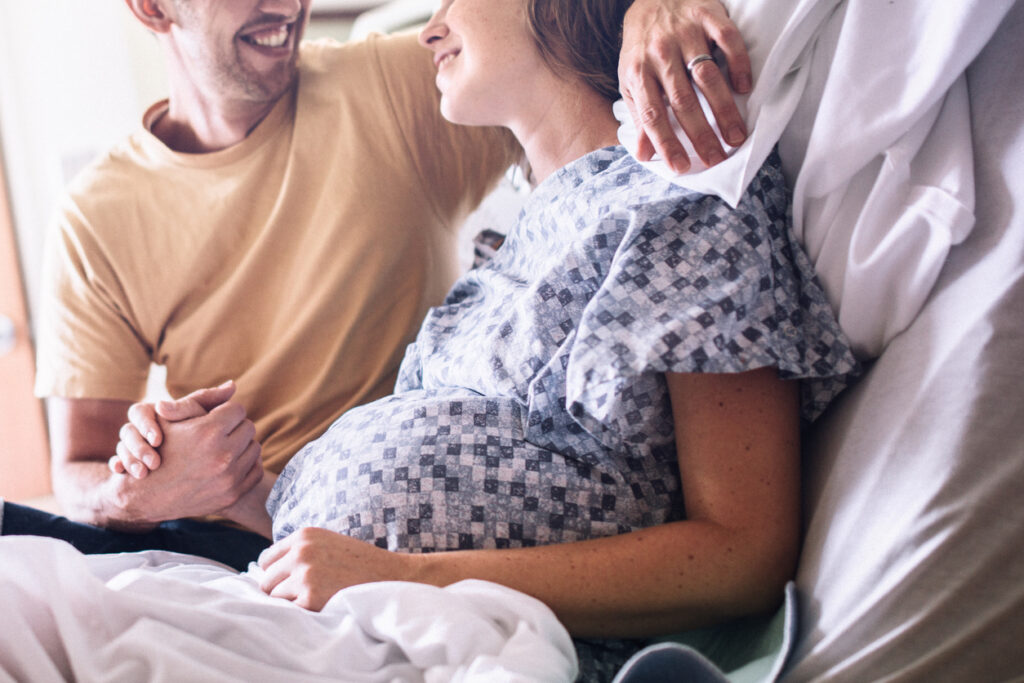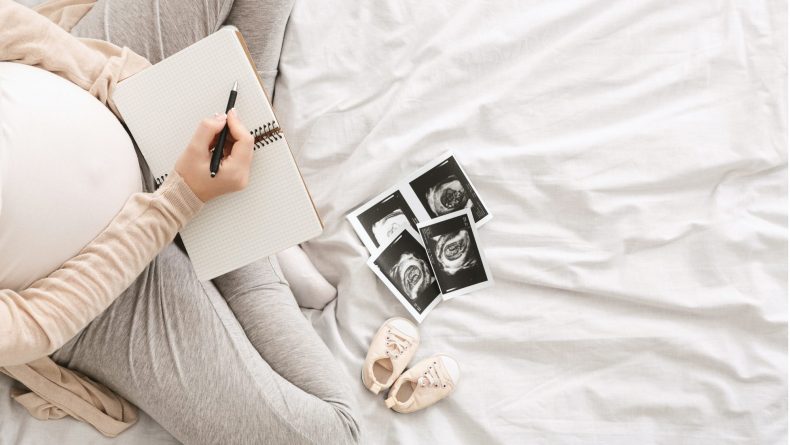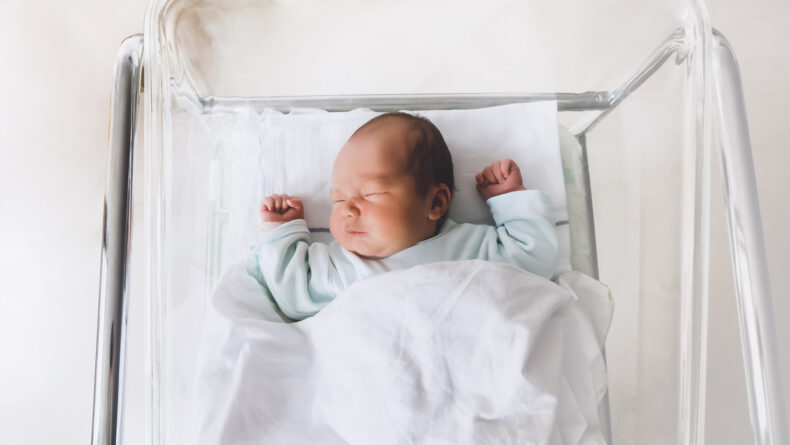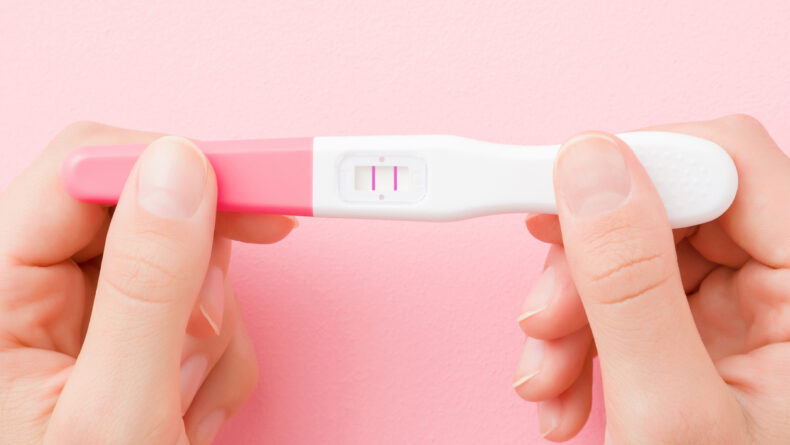Tokyo Hospitals and Clinics Welcoming Birth Partners
Get The Support You Deserve While Giving Birth In The Time Of Covid-19
Pregnancy is an exciting time, but one that brings its own unique challenges under Covid. Although many hospitals and clinics don’t allow birth partners in Japan, we’ve rounded up a list of those that will!
When my partner and I first considered getting pregnant again in Japan, I knew that finding a clinic that would meet my requirements would be tricky. After a challenging experience in Canada, I really wanted to create a peaceful environment for my second experience of giving birth. One of my top requests was that I have my partner present at all times during the labor—as well as with me after the birth for the extended hospital stay of five days. I also hoped to have my older daughter be able to stay or visit the baby soon after as well. And, I strongly preferred to have a private room and bathing area; although I know that many people have great bonding experiences with other new mothers, privacy is very important for me in the early postnatal period.
When I started my original research, I was alarmed to see that many ladies’ clinics and hospitals in Japan did not allow for tachiai bunben (delivery with the father/birth partner present). But, with some searching, I found two clinics, not disastrously far, which met my criteria. Then, Covid appeared.
Giving birth in the age of covid
 © Photo by iStock: Jomkwan
© Photo by iStock: JomkwanEcstatic to see the two lines on my pregnancy test, I checked the home pages of the two clinics to see where they stood. Unfortunately, one had completely barred partners for the birth and hospital stay, as well as all of the ultrasounds and check-ups. The other was more unclear and so I went in person to check it out. I liked the vibe of the place and so I stayed, despite the fact that every appointment I had to go alone, even when doctors were concerned about the baby. And, in the few months before her birth, I obsessively checked the website for updates. Luckily for me, when my baby girl was born, her father was allowed in the birthing room the whole time—after submitting to an on-the-spot PCR test in the middle of the night when we arrived. For the record, they also gave me a PCR test as I waddled into the labor ward, but I was more focused on my contractions than the swab up my nose! As for staying after, we were told officially no, but unofficially he was allowed to come and go almost as much as we wanted. My older daughter, however, had to wait five days to see her mother and new sister.
Undoubtedly, I lucked out in the age of Covid and many mothers-to-be are finding themselves alone while giving birth in Japan. And, although the nursing and midwifery staff are ostensibly around, stories from around me and in women’s magazines paint a picture of a far more lonely experience. For foreign women in Japan who are already undergoing giving birth in a different culture and having to speak a different language, being deprived of a birth partner both during and after, is a serious issue. Without the proper emotional and linguistic support, it’s harder to advocate for yourself and your baby.
The importance of a birthing partner
 © Photo by iStock: RyanJLane
© Photo by iStock: RyanJLaneIn fact, medical research has shown that mothers and babies have better birth outcomes across the board if they have access to a birthing partner. In western countries, research has shown that up to 20% of mothers consider the birth of their child to be traumatic. But, the presence of fathers, for example, has been shown to be a moderating factor, contributing to positive childbirth experiences and increasing family bonding. Actually, the continuous support of any birthing partner improved many maternal and neonatal outcomes, like the likelihood of spontaneous vaginal birth and positive feelings about labor. At the same time, it decreased the chance of Caesarean birth, birth using instruments and of having a baby with a low APGAR score.
Given this important research, it is surprising and saddening that so many hospitals and clinics in Japan still ban partners from the delivery room. Certainly, taking measures to stop the spread of Covid is necessary, especially as pregnant women and newborns are particularly at risk of adverse consequences should they get infected with the virus. However, with masks, hand sanitizing and other precautions, both new parents would gain so much from the presence of support in the delivery room, and after.
If you’re a soon-to-be mom and this issue is causing you stress and strain, we’ve got you covered. Here is a list of clinics and hospitals in Tokyo which allow birth partners. Sadly, visitors after birth are usually not permitted. As a small disclaimer: these places allow assistance at least in theory, but always consult with the facilities directly before putting all of your hopes there!
- Matsushima Hospital (birth partner until two hours after the baby is born, as well as one visit of half an hour during hospital stay)
- Minamino Green Gables Clinic (partner or mother, double vaccinated with a PCR test in the last two weeks)
- Iwakura Hospital (partner or mother, double vaccinated)
- Sanno Hospital (also allows after-birth visits by partners with a negative PCR test)
- Center Hospital of the National Center for Global Health and Medicine
- Akaeda Clinic (also allows for 15-minute visits after birth)
- Higashi Fuchu Hospital (also allows for visits by partners and other children after birth)
- Akinaka Clinic (also allows partner to stay overnight on the day of birth)
- Seijo Kinoshita Hospital (partner and children, with a negative PCR test, as well as visits with a negative PCR test)
How was your birthing experience in Japan? Let us know in the comments.
















Leave a Reply